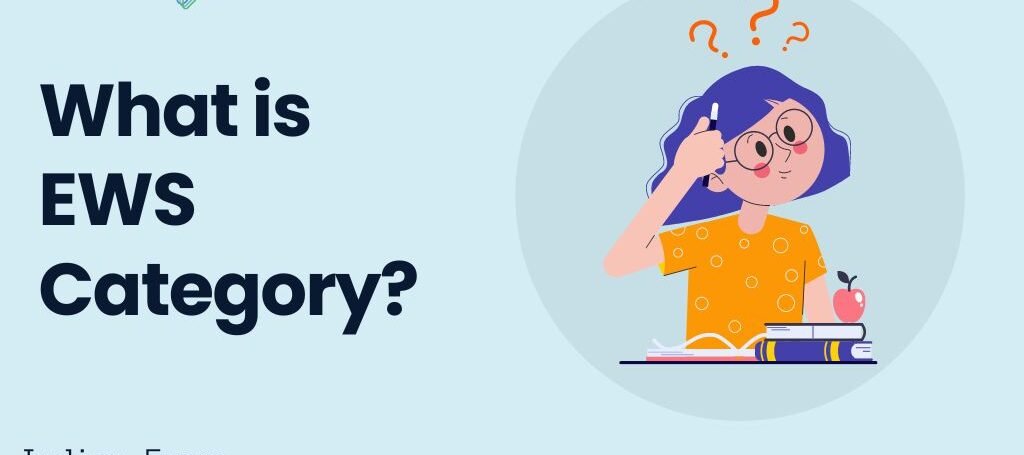Understanding EWS – The Economically Weaker Sections in India
Introduction to EWS
The Economically Weaker Sections (EWS) category is a crucial socio-economic classification in India aimed at providing reservation benefits to economically disadvantaged groups. Introduced by the Indian government, this category is designed to ensure that individuals from low-income families have access to education, employment, and other opportunities. This initiative is an essential step towards promoting social justice and equality in the country.
Definition and Criteria of EWS
The EWS classification is defined for individuals and families whose annual income falls below a certain threshold. As per the latest guidelines, families earning less than ₹8 lakh annually are categorized as EWS. This income limit is crucial in identifying those who require assistance and ensuring that the benefits are provided to those who genuinely need them.
Benefits and Reservations under EWS
One of the significant advantages of the EWS category is the reservation it provides in educational institutions and government jobs. This reservation aims to bridge the gap between different socio-economic groups and enhance opportunities for those from economically weaker backgrounds. For example, 10% reservation in educational institutions and government jobs is allocated for EWS candidates, which significantly increases their chances of securing quality education and employment.
Implementation and Challenges
While the EWS category represents a progressive move towards social equity, its implementation has faced several challenges. Ensuring accurate identification of eligible families, addressing the concerns of existing reservation categories, and managing the additional administrative burden are some of the issues that need to be addressed. The government continues to work on refining the process to make it more effective and inclusive.

Why This News is Important
Addressing Economic Disparities
The introduction of the EWS category is a significant step towards addressing economic disparities in India. By providing reservations and benefits to economically weaker sections, the government aims to level the playing field and offer equal opportunities to all citizens, irrespective of their socio-economic background.
Enhancing Social Mobility
The EWS reservation helps in enhancing social mobility by giving individuals from economically disadvantaged backgrounds access to better educational and employment opportunities. This initiative supports the broader goal of inclusive growth and helps in reducing income inequality.
Impact on Government Jobs and Education
For students and job seekers preparing for government exams, understanding the EWS category is crucial as it impacts their eligibility for various reservations. The 10% reservation in educational institutions and government jobs can influence competitive exam results and selection processes, making it an important aspect of their preparation.
Historical Context: Background of EWS in India
Introduction of EWS Reservation
The concept of EWS reservation was introduced by the Indian government through the 103rd Constitutional Amendment Act of 2019. This amendment aimed to provide a 10% reservation in educational institutions and government jobs for individuals from economically weaker sections, apart from the existing reservations for Scheduled Castes, Scheduled Tribes, and Other Backward Classes.
Evolution and Amendments
Since its introduction, the EWS category has undergone several amendments and clarifications to ensure its effective implementation. The government has periodically reviewed and adjusted the income criteria and procedures to address emerging challenges and improve the accuracy of beneficiary identification.
Key Takeaways from Understanding EWS
| Serial Number | Key Takeaway |
|---|---|
| 1 | The EWS category provides a 10% reservation in educational institutions and government jobs for economically weaker sections. |
| 2 | Families with an annual income below ₹8 lakh are classified as EWS. |
| 3 | The EWS reservation aims to address economic disparities and promote social equity. |
| 4 | The concept was introduced through the 103rd Constitutional Amendment Act of 2019. |
| 5 | Implementation challenges include ensuring accurate identification and managing the impact on existing reservation categories. |
Important FAQs for Students from this News
1. What does EWS stand for?
- EWS stands for Economically Weaker Sections. It is a classification designed to provide reservation benefits to individuals and families from economically disadvantaged backgrounds.
2. What is the income threshold for the EWS category?
- As per the latest guidelines, families with an annual income of less than ₹8 lakh are classified under the EWS category.
3. How much reservation is provided under the EWS category?
- The EWS category provides a 10% reservation in educational institutions and government jobs.
4. When was the EWS reservation introduced?
- The EWS reservation was introduced through the 103rd Constitutional Amendment Act of 2019.
5. What are the main challenges in implementing the EWS reservation?
- Key challenges include ensuring accurate identification of eligible families, addressing the concerns of existing reservation categories, and managing the additional administrative burden.
Some Important Current Affairs Links

















